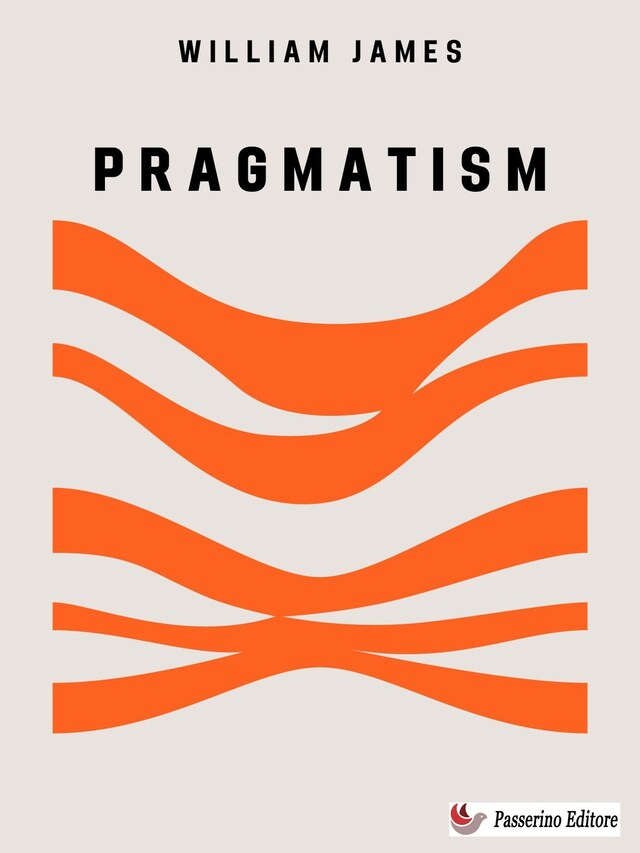
Pragmatism
Beschrijving van het boek
Pragmatism is a philosophical tradition that views language and thought as tools for prediction, problem solving, and action, rather than describing, representing, or mirroring reality. Pragmatists contend that most philosophical topics—such as the nature of knowledge, language, concepts, meaning, belief, and science—are all best viewed in terms of their practical uses and successes.
Pragmatism began in the United States in the 1870s. Its origins are often attributed to the philosophers Charles Sanders Peirce, William James, and John Dewey. In 1878, Peirce described it in his pragmatic maxim: "Consider the practical effects of the objects of your conception. Then, your conception of those effects is the whole of your conception of the object."
William James (January 11, 1842 – August 26, 1910) was an American philosopher, psychologist, and the first educator to offer a psychology course in the United States. James is considered to be a leading thinker of the late 19th century, one of the most influential philosophers of the United States, and the "Father of American psychology."
 William James
William James 171 Pagina's
171 Pagina's